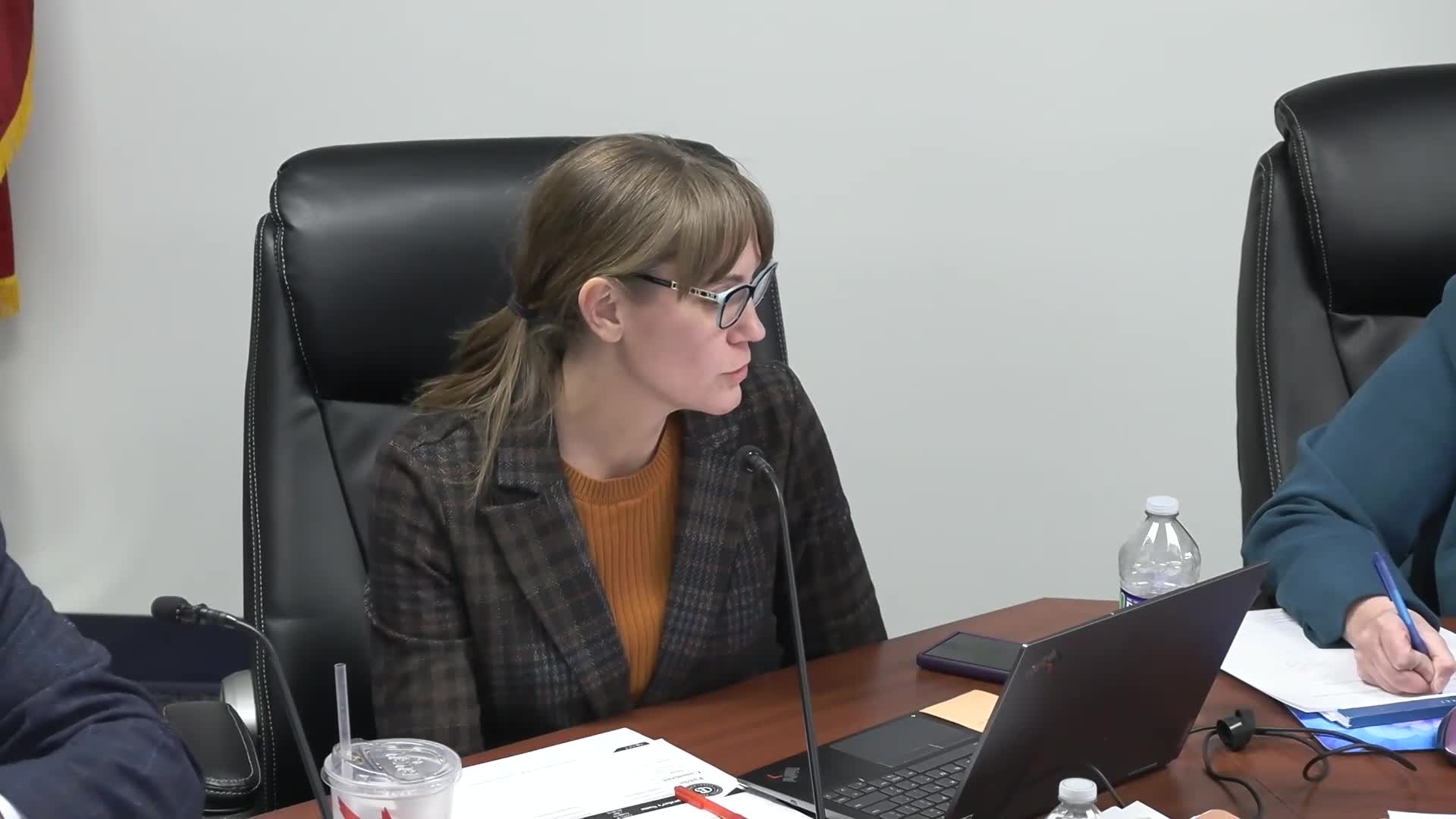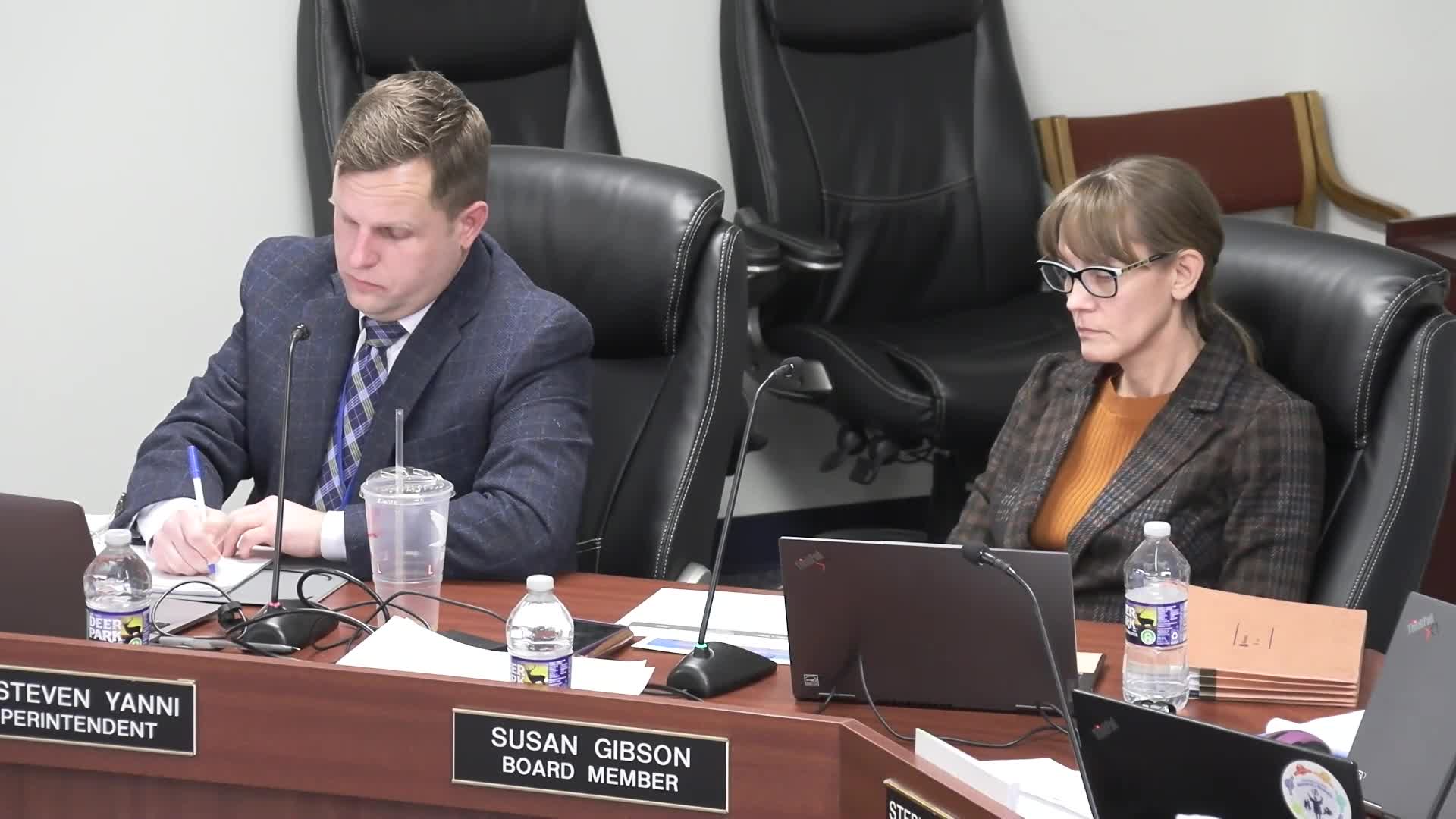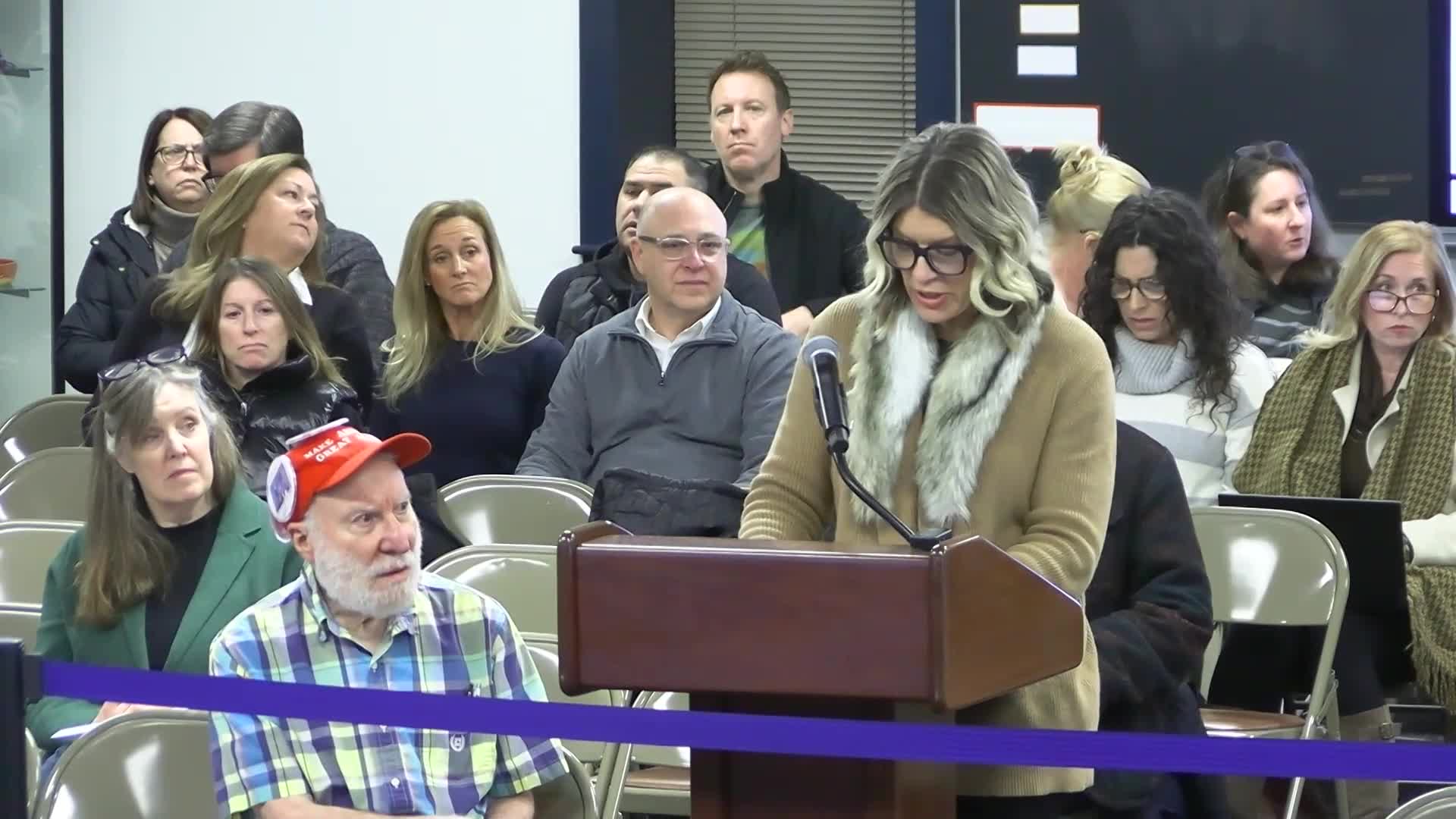Article not found
This article is no longer available. But don't worry—we've gathered other articles that discuss the same topic.

Board approves routine consent agenda, accepts education foundation grants and dual‑enrollment agreement; HR vote recorded 8–1

Parents and witnesses say nonverbal Jamison student was abused; district and police say investigations found no evidence

